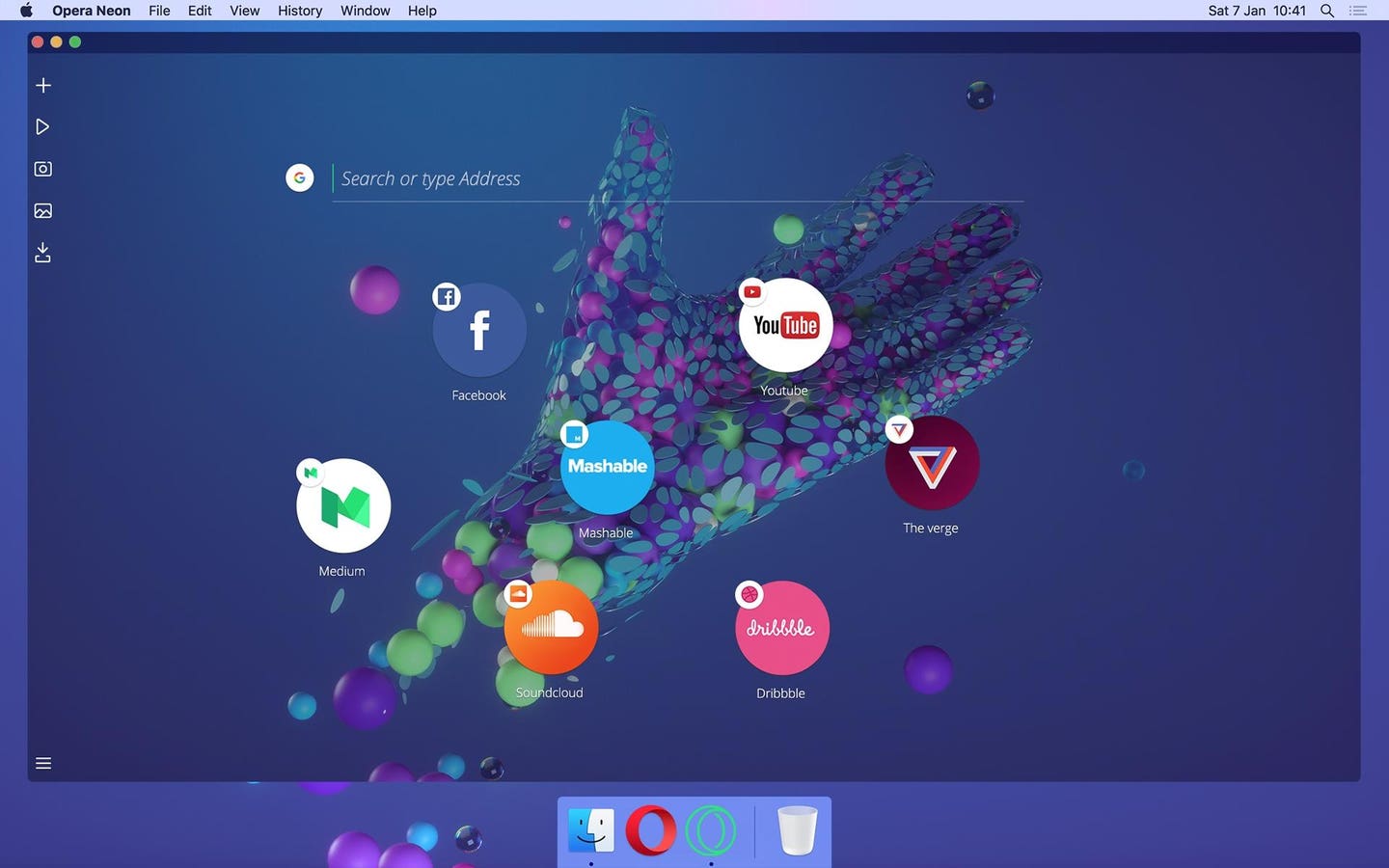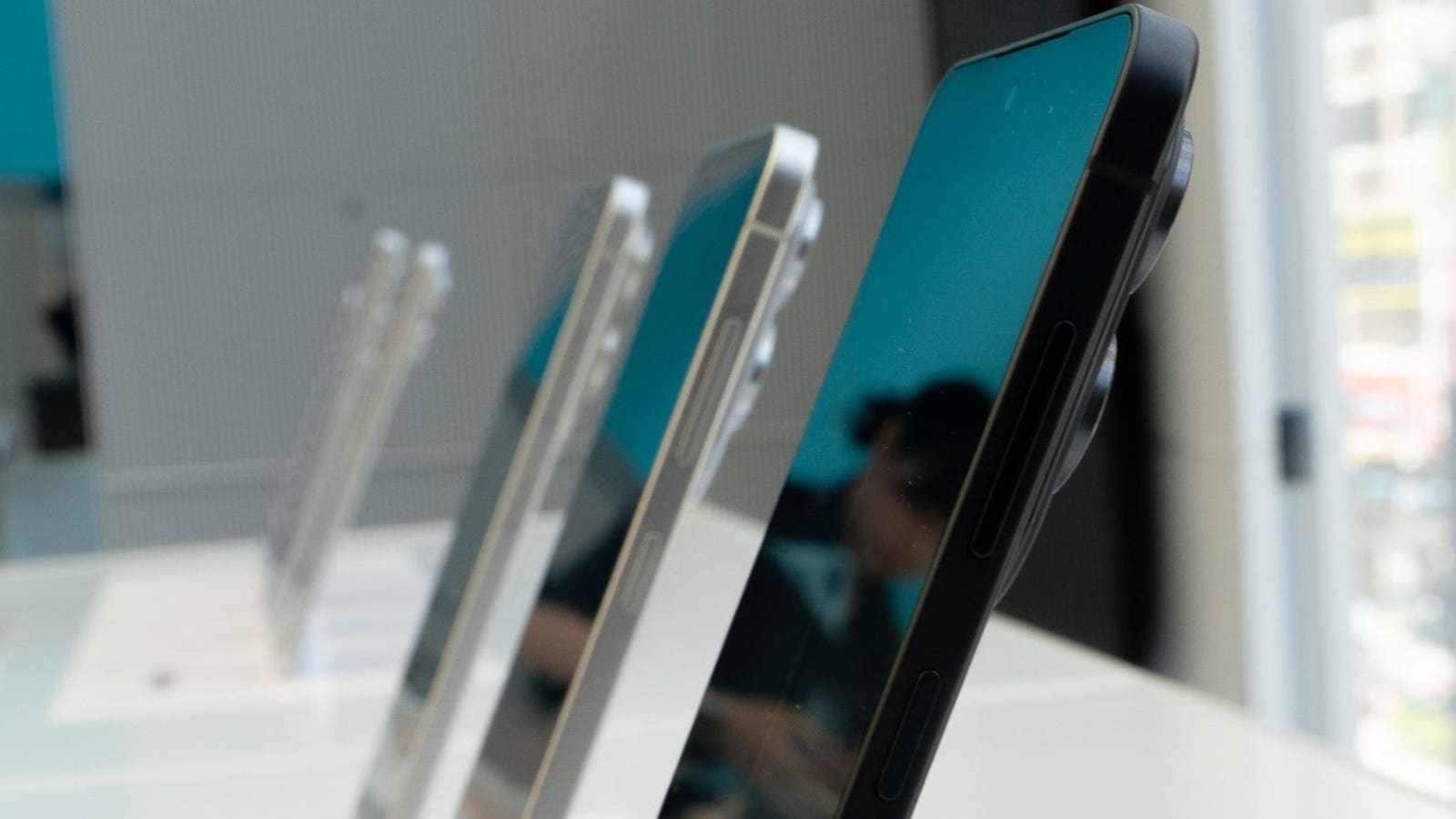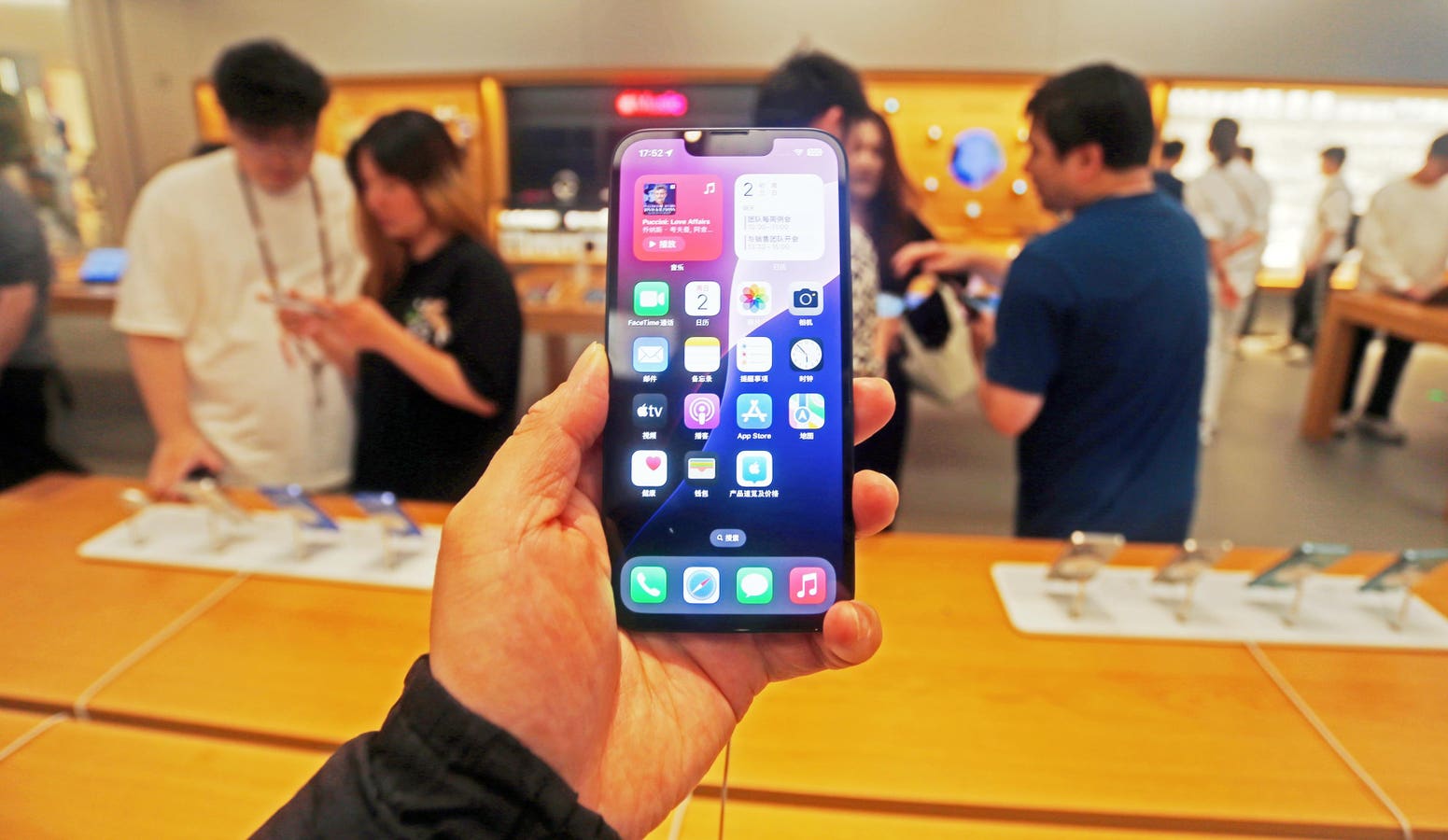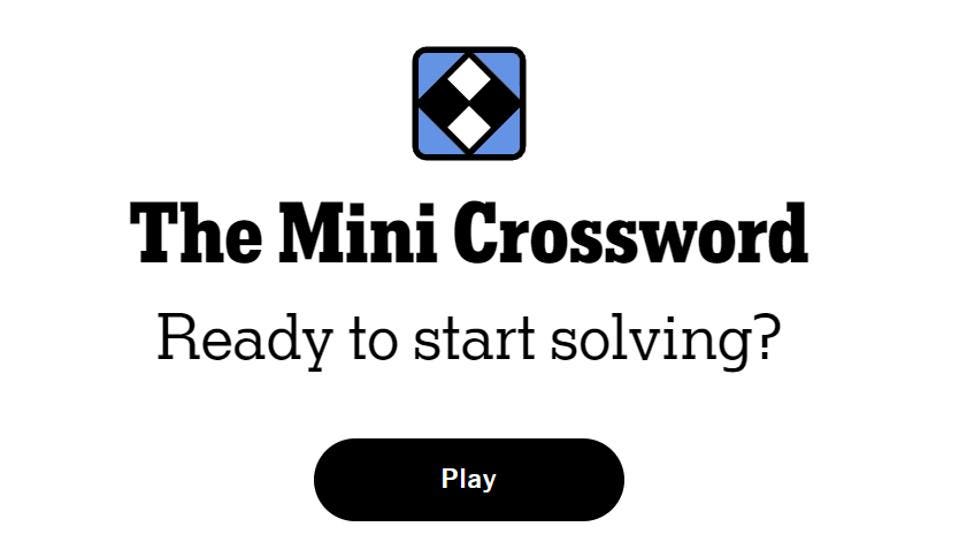Opera Neon is a new agentic browser, with AI built in.
Opera
AI-powered conversational search engine Perplexity is in the news for offering to buy Google’s Chrome browser for $34.5 billion. But in December of 2024, Perplexity considered buying The Browser Co. And just months ago, Perplexity reportedly offered to buy Brave, the privacy-focused browser, for about $1 billion.
Why does Perplexity want a web browser so badly? Possibly because a browser just might be key to our agentic AI future.
I recently interviewed Opera senior product leader Henrik Lexow on my TechFirst podcast. Opera, the 30-year-old browser company that pioneered tabbed browsing, pop-up blocking, and ad blockers, has about 300 million active users globally. This year, Opera was the first to bring AI agents right into our browsers in a project called Opera Neon.
“The agentic browser … is that sort of the new operating system?” Lexow asked during the podcast. “It’s a big question.”
Regardless of where the browser goes, Opera’s pretty sure about the future of the internet itself.
“The next iteration of the internet will be agentic,” Lexow says. “That’s pretty much obvious at this point.”
That’s a huge shift, by the way. An agentic internet would be a massive and fundamental change from a user-driven internet to an agent-driven version. In a user-driven internet, you search, you see results, you make selections, you click links, you fill out forms, you book flights, and you buy products.
In a sense, you are the agent.
In an agentic internet, you tell something – maybe your agentic browser – to do those things for you. Except you don’t say search, look, select, and buy; you say buy me more of the underwear I got six months ago. The agent then consults its memory, forms a plan, takes multiple steps, and handles it all: from which underwear you bought, and where you bought them, to finding the same ones online (and maybe checking around for better prices), to adding them to cart, to checking out … and reporting back to you with the results.
The agent – in this case potentially an agentic browser – is therefore essentially a personal assistant, a force multiplier.
But will an agentic browser be the main way we engage with agents?
Perplexity seems to think it’s pretty important, given the company’s persistent and repeated but so far unfruitful attempt to buy a browser. Opera certainly thinks so, if only because Opera has a browser, and a very innovative one at that.
Opera launched AI in a browser back in 2023 in a project called ARIA. ARIA enabled contextual interactions within web pages in a GPT-based chat interface. Over time, that’s evolved to a tripartite strategy under the Opera Neon brand:
- Neon Chat is a contextual AI chat layer within the browser, similar to ChatGPT but integrated into your browsing.
- Neon Do is an active agent that performs actions on your behalf, like searching for and adding socks to an Amazon cart, all within your local browser environment.
- Neon Make is a generative space where users can create web apps, games, or comparison tools using AI-powered agents that operate in the cloud.
The reality is that for many of us, most of our work happens in a browser. I’m writing this story in a browser. I recorded the interview in a browser. I’ve researched Opera and Perplexity in a browser. I made episode art for the podcast in a browser (thanks, Canva).
Opera’s thesis is that having agents embedded where you work makes them vastly more useful: they have access to your history, to your work, to your sites and apps.
“You’re logged into services, your tabs are open, your history’s available. All that becomes context,” Lexow says. “That’s the starting point for your agent to act on your behalf.”
Important note: the Neon agentic browser’s AI lives locally on your hardware, making it your agent, not Opera’s, and not your employer’s. This should boost your privacy, which is critical if you’re going to give an agent access to very personal information including, likely, your credit card.
“AI memory plus browser context becomes incredibly powerful,” says Lexow. “It lets the agent understand not just what you want—but how you want it done.”
Of course, this is just one vision of the future.
Apple with Siri, as justly maligned as it is, would have another vision. Google, with Gemini and its own vast fleet of Android-enabled phones, would have another. Microsoft’s Copilot is another. And OpenAI, which has ChatGPT apps for mobile devices as well as full computers, might have yet another vision of how we’ll integrate AI into our lives and work.
So whether the browser will be the locus of our agentic AI future or not is yet to be determined. Remember the old proverb: every problem looks like a nail to the person who only has a hammer.
But it seems like a fairly good bet to me.









